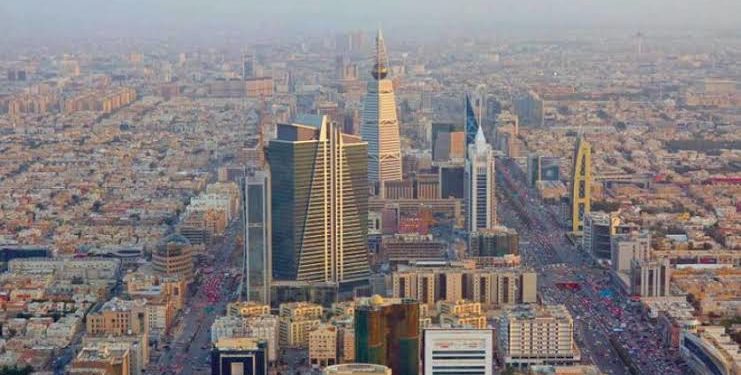
The decline of the Saudi economy dominated as a result of the failed policies of the Saudi regime, and its effects are evident on the performance of the major companies in the Kingdom whose economic future is in danger of collapse.
Saudi Basic Industries Corp. (SABIC) profit fell 86% in the third quarter of 2019 compared to the same period last year.
Net profit fell to about 830 million riyals ($ 221.3 million) from 6.1 billion riyals ($ 1.6 billion).
The company said in the data submitted to the Saudi Stock Exchange that its profits fell by 65.25% during the first nine months of the year compared to the same period last year, which amounted to 6.36 billion riyals compared to 18.3 million riyals.
The decline in net profit was mainly due to lower average selling prices of products, in addition to a SR1.5bn decrease in the value of investment in a company, as well as a continued slowdown in global economic growth at a time when major products are witnessing an increase in supply. Low oil prices led to lower petrochemical prices.
SABIC, the world’s fourth-largest petrochemical company, is state-owned, with the Public Investment Fund (the country’s sovereign fund) owning 70 percent of the company, and has signed an agreement to sell its stake to state-owned Saudi Aramco, which has also not been transferred.
SABIC and other petrochemical companies announced major cuts in their feedstock after last month’s attacks on Aramco.
Saudi Arabia also lost 5.7 million barrels per day (bpd) of Saudi Arabia’s 9.8 million bpd, up to 50% of its production and nearly 6% of global crude supplies.
Aramco has resumed production of about 10 million barrels of oil per day within ten days of the attacks, and said it was on track to regain its maximum production capacity of 12 million barrels per day by the end of November.
Saudi Arabia’s foreign trade surplus (oil and non-oil) fell 18.9 percent year-on-year in the first eight months of 2019.
According to a survey of economists, based on data released by the General Authority for Statistics in Saudi Arabia (government), Sunday, the trade balance surplus amounted to 80.8 billion dollars.
Saudi Arabia’s trade surplus in the corresponding period of 2018 was $ 99.6 billion.
The value of merchandise exports (oil and non-oil) fell 7.6 percent to $ 176.7 billion, while imports rose 4.6 percent to $ 95.9 billion.
The value of oil exports to the kingdom, the world’s largest oil exporter, fell 8.2 percent to $ 137.3 billion.
The Kingdom’s merchandise trade surplus (oil and non-oil) rose by 87.5 percent in 2018 to $ 159.3 billion, compared with $ 85 billion in 2017.